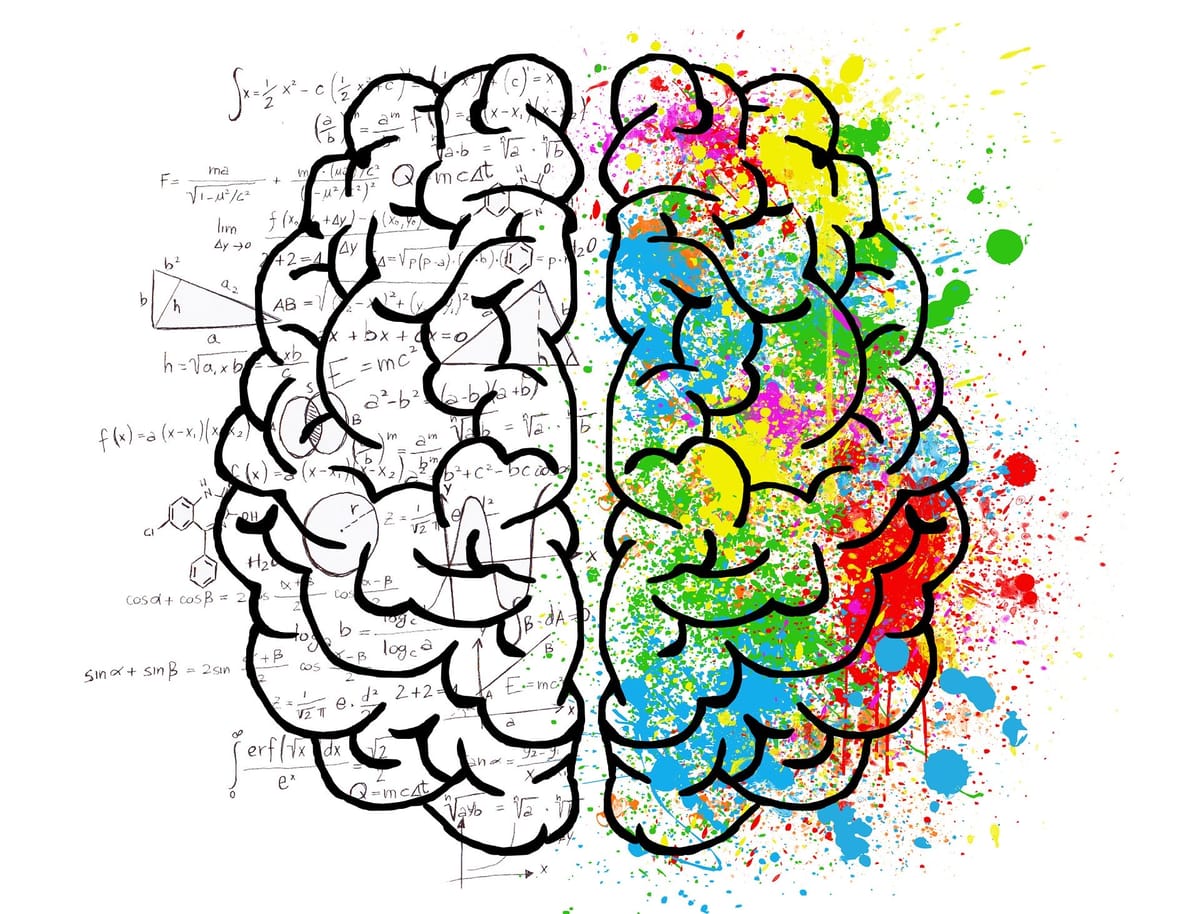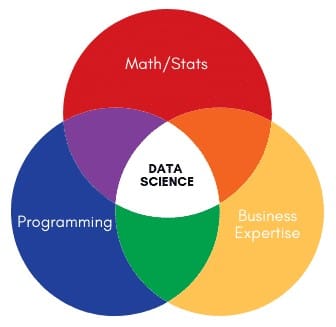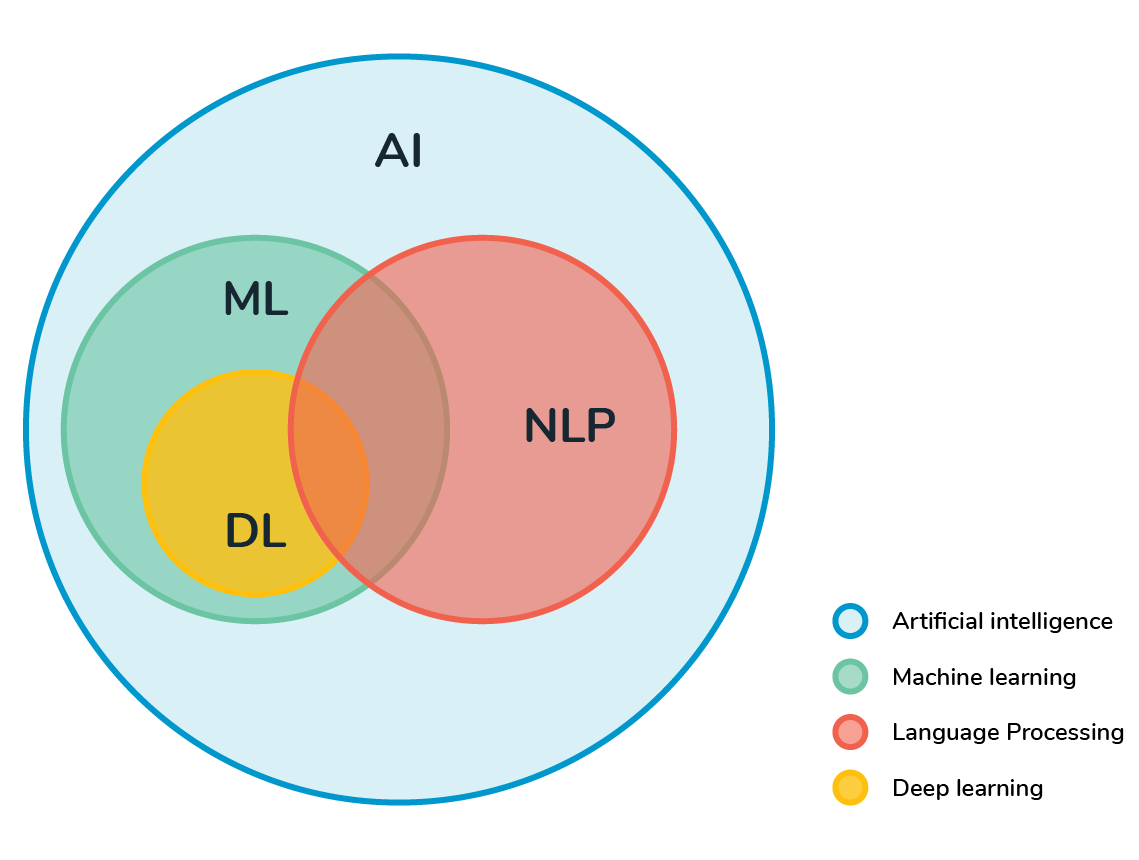Here's how Data Science is revolutionising Marketing!

One might think that it is the advancement of “technology” that is disrupting the way we are doing marketing. However, in reality, it is “Data Science” through its various industrial applications pushing the boundaries in the field of marketing. Is it for the good or bad? This is a much bigger topic in itself and I will not address that today. As a disclaimer, I must acknowledge that technology advancement, especially in computing chips, has paved the way for us to exploit data science in its entirety.
What is Data Science?

In short, it is a unique combination of math, computer science and domain expertise. In other words, it is the process of gathering volumes of data, computing this data through statistical algorithms/models, formulating questions through experience that can be potentially answered and concluding with an inference or prediction. Hopefully, with this outcome, we can take a course of action.
Let’s take a real-life example of a data science application that has been around decades and one that is often overlooked or underappreciated.
Amazon’s Recommendation Engine


This recommendation engine was one of the earliest application of data science in the context of “personalised” marketing. Simply put, it is a basic statistics and mathematical probability problem. If 8 out of 10 people viewed “X” product and then proceeded to view the “Y” product, then we can make a simple prediction that 80% of the people who view “X” product will likely view “Y” product.
But, in reality, as time passes by, trends and people’s behaviour change. Let’s say, a year later, 9 out of 10 people who viewed “X” product now view “Z” product. Our initial prediction is no longer valid. At this instance, 90% of people who viewed “X” product will likely view the “Z” product. Now imagine that we can adapt our statistical prediction to the ever-changing behaviour and trends. This constant data feedback loop through which our prediction updates itself is a “Machine Learning” application of data science.
Machine Learning (ML) is the one key application of data science that has already disrupted and pushed marketing into this new era.
The new media, technology companies such as Facebook and Google have enormous amounts of purchase behaviour data of their users. With machine learning, they have been able to deduce and anticipate what the people are likely to buy based on their browsing patterns. They have built their business model entirely based on advertising revenues - a system that precisely delivers relevant ads to users on behalf of the brands and advertisers. During the last decade, we experienced tremendous growth and shift in marketing budgets towards “Precision Marketing” activities. It is no wonder why we are seeing new industries created by startups and small businesses thriving despite having limited resources. The access to potential customers through these platforms at a very reasonable cost-per-acquisition value has been the primary reason for growth.
Facebook & Google, over the last few years, have taken machine learning techniques to the next level in the form of “Predictive Marketing”. Anyone, now, can set up social media campaigns targeting “lookalike” audience of their customers. “Lookalike” is an alternative way of saying people who are statistically more likely to buy a particular product based on behavioural patterns of people who bought that same product. Unlike Amazon’s recommendation engine which predicts what product an individual is most likely to buy, Facebook & Google predict who the next customers are based on the profile data of individuals who bought a specific product.
It is incredible to see how cost-effective it is to drive sales through this type of predictive marketing activation. On average, these lookalikes deliver 40% better ROI and save a lot of marketing investments!
It was not so long ago when companies used to run advertisements on TV or radio targeting everyone who would have tuned in for a particular program. The efficiency of those marketing investments is questionable in today’s standards, especially from the perspective of a small business owner or startup founder.
This is an exciting time in marketing where we have the luxury to focus our efforts on artistic expressions and the creative side of communication rather than research who the customers are and what products they may or may not be interested in. And, it is probably because the machines have not yet mastered this expertise in the field of arts.
It is for this reason that I called this a new “era” in marketing as it will never be the same again.
What’s next for Data Science in Marketing?
While ML is one of the applications of data science, a combination of Deep Learning and Natural Language Processing (NLP) is starting to make an impact by showcasing how effective machines can write engaging content. A recent case study reveals how ad copywriting by a machine delivered better performance than those written by humans.

Today, Data Science has branched out to many fields of applications and in an interdisciplinary framework as illustrated above.
In the next couple of years, we will see fully autonomous (A.I.) virtual assistants a.k.a. personal shoppers that seamlessly engage with customers and have meaningful conversations to precisely understand the customer through volumes of data and accurately navigate them to a product or service that they may want. Google just recently announced the creation of it’s Conversational A.I. chatbot, Meena. It is designed to have human-like interactions and improve user experiences especially in the field of e-commerce operations and customer services.

There is so much to look forward to and I’m excited to see how this world of marketing unfolds.
Are you a marketing professional or a business leader? Share with the community how you or your business are adapting to this new era of marketing?
What is the best way to upskill marketing experts to the world of data science?
Is Data Science driving marketing plans or is Marketing inspiring the various applications of data science?
